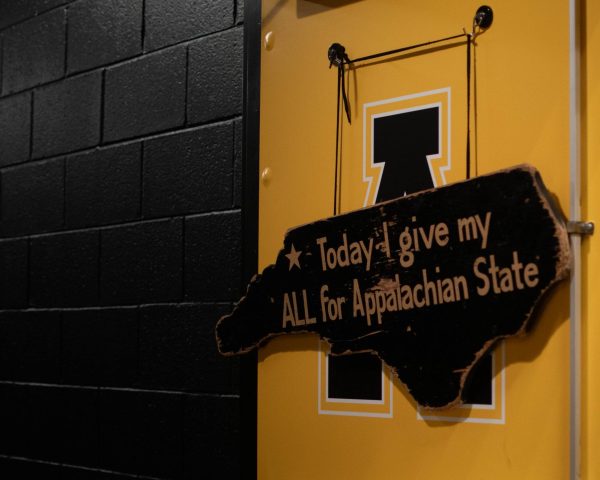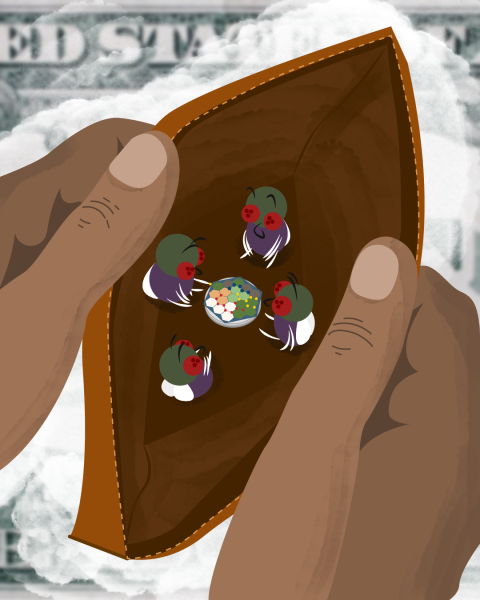Two Biggest Winners
February 20, 2020
The Iowa caucuses and the New Hampshire primaries produced two winners: former South Bend Mayor Pete Buttigieg and Vermont Senator Bernie Sanders. According to Politico, Mayor Buttigieg won the Iowa caucuses by one delegate, 26.2% of the delegate vote, compared to Sanders’ 26.1%. However, Sanders won the popular vote by 8,671 votes, according to The New York Times. In an election, the delegate vote outweighs the popular vote.
While Buttigieg isn’t the first openly gay man to run for the presidency — Newsweek reports that Fred S. Karger was the first openly gay man to run for president, running as a Republican in 2012 — Buttigieg is the first openly gay man to win a caucus in a presidential primary election. Despite receiving criticism from other candidates, Pete’s victory is a step forward for LGBT+ presidential hopefuls down the road.
Sanders, Iowa’s other victor, won the popular vote. While he did not win Iowa’s delegates, Sanders showed he can win the presidency. Winning the popular vote indicated that he is popular with voters. In one rally in Iowa, Vampire Weekend played for one of Sanders’ campaign rallies, helping energize the crowd. These tactics are working in his favor, leading him to a victory in New Hampshire on Feb. 10.
North Carolina, as well as 13 other states and territories that make up Super Tuesday — the primary election day where many states hold their presidential primaries — has its presidential primary day on March 3, with early voting going from Feb. 13 to Feb 29. This means presidential nominees such as Buttigieg and Sanders have roughly a month to campaign in the state. Politico reports that Buttigieg has begun a huge ad campaign in seven Super Tuesday states, including North Carolina. Their wins in Iowa, both literal and symbolic, will help project both candidates higher in Super Tuesday state polls. If either candidate wants to succeed in North Carolina, they must put in the same amount of effort they put into Iowa.












